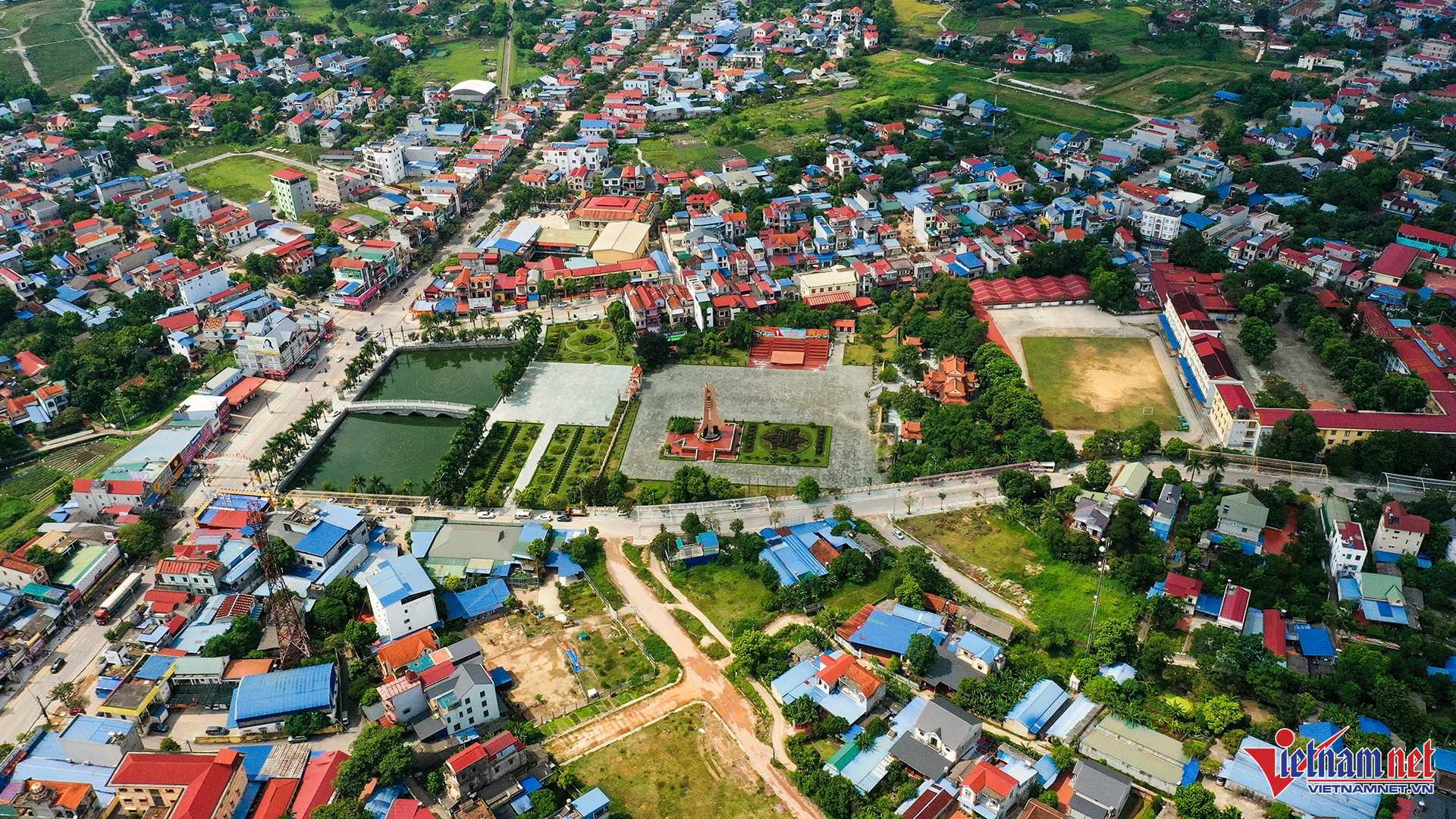
Associate Professor Dr Nguyen Viet Thong, former Secretary General of the Central Theoretical Council, noted that the organizational streamlining revolution has entered its second phase—merging provinces and communes while eliminating districts. This phase is far more challenging than previous county and commune mergers.
Eliminating 696 district-level administrative units will require the rearrangement of many officials and civil servants. How many will move up to provincial roles, how many will shift to grassroots levels, and how many will be streamlined with appropriate policies? That’s the question at hand.
Similarly, cutting the number of provinces by 50 percent will raise the issue of what to do with the officials and civil servants from those provinces. This significantly impacts the livelihoods and families of tens of thousands of public servants.
“So, the hardest challenge in reorganizing and merging administrative units is dealing with the workforce,” Thong said.
Associate Professor Dr Vu Van Phuc, Vice Chair of the Scientific Council of Central Party Agencies and former Editor-in-Chief of Communist Review, agrees that a large number of officials, leaders, managers, and civil servants will exit the system.
Yet, Phuc believes this is a golden opportunity to ‘filter’ officials, leaders, and managers at all levels.
There must be mechanisms and policies to retain capable workers, those with strong political integrity, resilience, good morals, exemplary lifestyles, and high qualifications to meet elevated post-reorganization demands.
After streamlining, the workload for leaders, managers, and each civil servant position will increase significantly—covering broader scopes and requiring higher quality to ensure seamless, efficient, and effective operations, as Party Chief To Lam has emphasized.
Simultaneously, fair policies are needed for those opting for early retirement, leaving their posts, or transitioning to new fields or jobs.
Dr Thong said the government issued Decree 178 on policies for officials, civil servants, public employees, workers, and armed forces during political system restructuring, and Decree 67/2025 more recently with a highly humane approach.
This partially reassures officials and civil servants during administrative mergers and reorganizations.
Recent policies have broadened the scope of new policy-covered subjects and offered various benefits and support for officials and civil servants affected by provincial mergers, commune reorganizations, and district eliminations.
This means that in the immediate time, the state will have to spend big money to deal with redundant officers, but in the long run, a leaner, smoother-running system will significantly cut budget costs.
Grassroots officials must be dynamic, professional
Another personnel concern, according to Thong, is that commune officials, accustomed to working through districts, must now adapt to a direct province-to-commune setup without the district buffer.
Moreover, the qualifications of commune-level leaders and managers vary widely, especially in mountainous, remote, and disadvantaged areas.
“Managing larger administrative units with more domains will naturally cause some disorientation. It’s not something adaptable in a few months—younger people adapt faster, but it’s tougher for older ones. So, we must ramp up training for officials and civil servants, especially at the commune level,” Thong said.
Dr Tran Khac Tam, Chair of the Soc Trang Province Business Association, said once district-level units are eliminated, public officers at commune-level units, who are closest to the people, need to be dynamic and professional to better serve citizens and businesses.
He suggests prioritizing the recruitment of young, well-trained graduates from domestic and international universities—those adept at digital technology, creative thinking, and global integration.
“When commune officials perform well, it eases the workload on provincial units, so the units can spend more time on macro works and strategic policies for province development."
Tran Anh Tuan, Chair of the Vietnam Administrative Science Association and former Deputy Minister of Home Affairs, said that previously, communes had only semi-professional staff, lacking full-fledged officials and civil servants, limiting their skills and capacity. However, since the 2008 Law on Cadres and Civil Servants, commune-level staff have gradually been standardized.
Still, compared to higher-level counterparts, some commune officials lack professionalism, communication skills, and execution capabilities.
Thus, with a two-tier local government system eliminating districts, the entire provincial and sub-provincial (commune) administrative workforce must be reassessed and reclassified.
Those competent should stay and be assigned to new system roles. Those unfit for the new structure or demands should receive policy support per regulations.
In the long term, he suggests amending the Law on Cadres and Civil Servants to establish a legal basis for a new public service regime tied to job positions—dynamic, accountable, transparent, merit-based, and effective with progressive reforms.
Thu Hang - Tran Thuong - Quang Phong